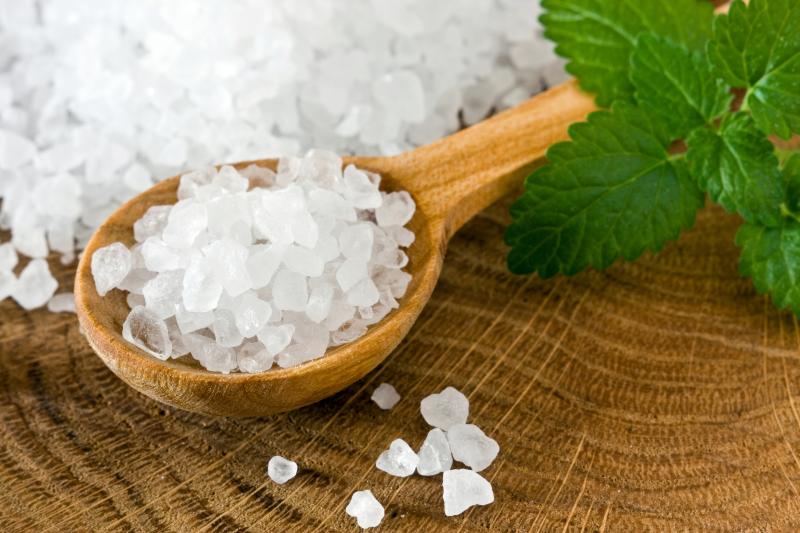
A salt-reduction intervention of replacing sodium chloride with a substitute such as potassium chloride effectively lowers blood pressure (BP) levels compared with either salt restriction or health education, according to the results of a meta-analysis.
Researchers searched multiple online databases for randomized controlled trials evaluating the effect of ≥4-week interventions aimed at reducing salt intake on BP in Chinese populations. The search yielded 24 studies involving 10,448 participants, including eight studies on health education (n=4,583), two studies on salt restriction diet (n=162), one study on salt restriction spoon (n=50) and 13 studies on salt substitute (n=5,653).
Seventeen studies reported changes in sodium intake, measured using 24 hours’ urine, overnight urine, spot urine or weighting salt containers. Among eight studies employing 24 hours’ urine collection, the median amount of sodium reduction in intervention groups vs control groups was −52.5 mmol/day (range, −76 to −14 mmol/day).
Six studies on salt substitute and three studies on health education were identified as high quality and included in the meta-analysis. Pooled data showed that salt substitutes (replacing sodium chloride with potassium chloride) significantly reduced systolic BP (−5.7 mm Hg, 95 percent confidence interval [CI] −8.5 to −2.8) and diastolic BP (−2.0 mm Hg, 95 percent CI, −3.5 to −0.4).
Meanwhile, the school-based health education yielded a marked reduction in systolic BP only (−2.3 mm Hg, 95 percent CI, −4.5 to −0.04).
Researchers called for additional well-designed studies for other potential salt-reduction strategies for lowering BP.